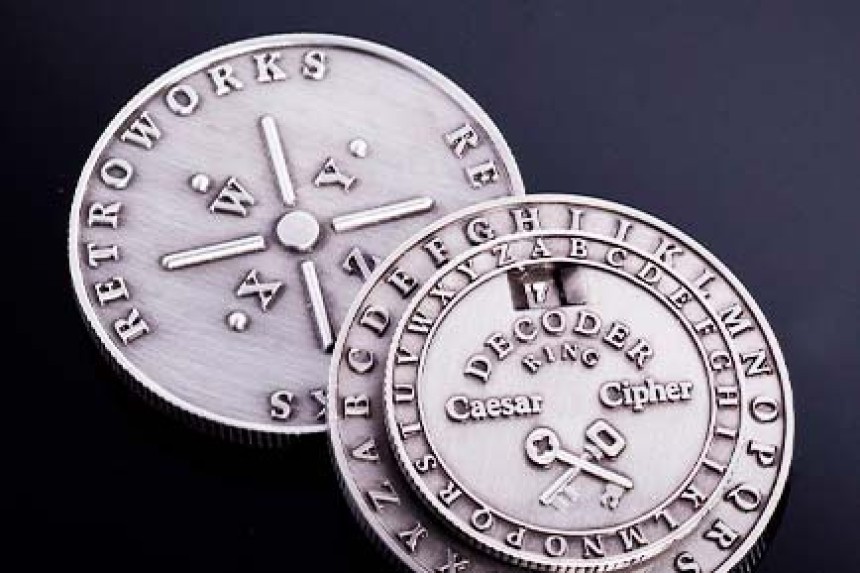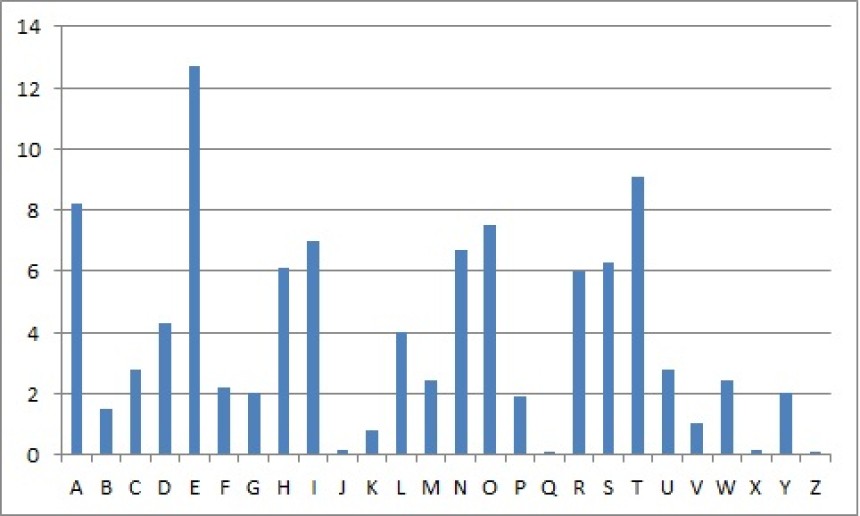
Ssst It's Secret Code!
a secret code that is no longer a secret
A cipher used by Julius Caesar around 58 BC, the Substitution cipher was the first famous cipher. The method of this cipher was to shift each letter in his military orders. With the aim of making it appear meaningless if the enemy intercepted it.
The way it works is as follows:
First of all, they had to agree in advance on the shifts to be used - let's say three. So to encrypt his message, the first party (let's say he's Alice) must apply a three-letter shift to each letter in the original message. So A becomes D, B becomes F, c becomes F and so on.
This unreadable, or encrypted message is then sent to the second party (let's say he's Bob) in the open. Then Bob simply subtracts a shift of three from each letter to read the original message very well.

Another of the advantages of ciphers. An Arab scientist in the 9th Century named Abu Yusuf Yaqub Ibn Ishaq Ibn As-Sabbah Ibn 'Omran Ibn Ismail Al-Kindi, better known as Al-Kindi. He cracked the Caesar chiper, the unique weakness of which was solved by using clues based on important properties of the language being written.
For a code breaker, they count the frequency of each letter in the encrypted message and check to what extent the fingerprints have shifted. a blow to the security of the caesar cipher, this code breaking is called Frequency analysis. Suppose E is the most, to reveal the original message, they reverse the shift.

Source:




